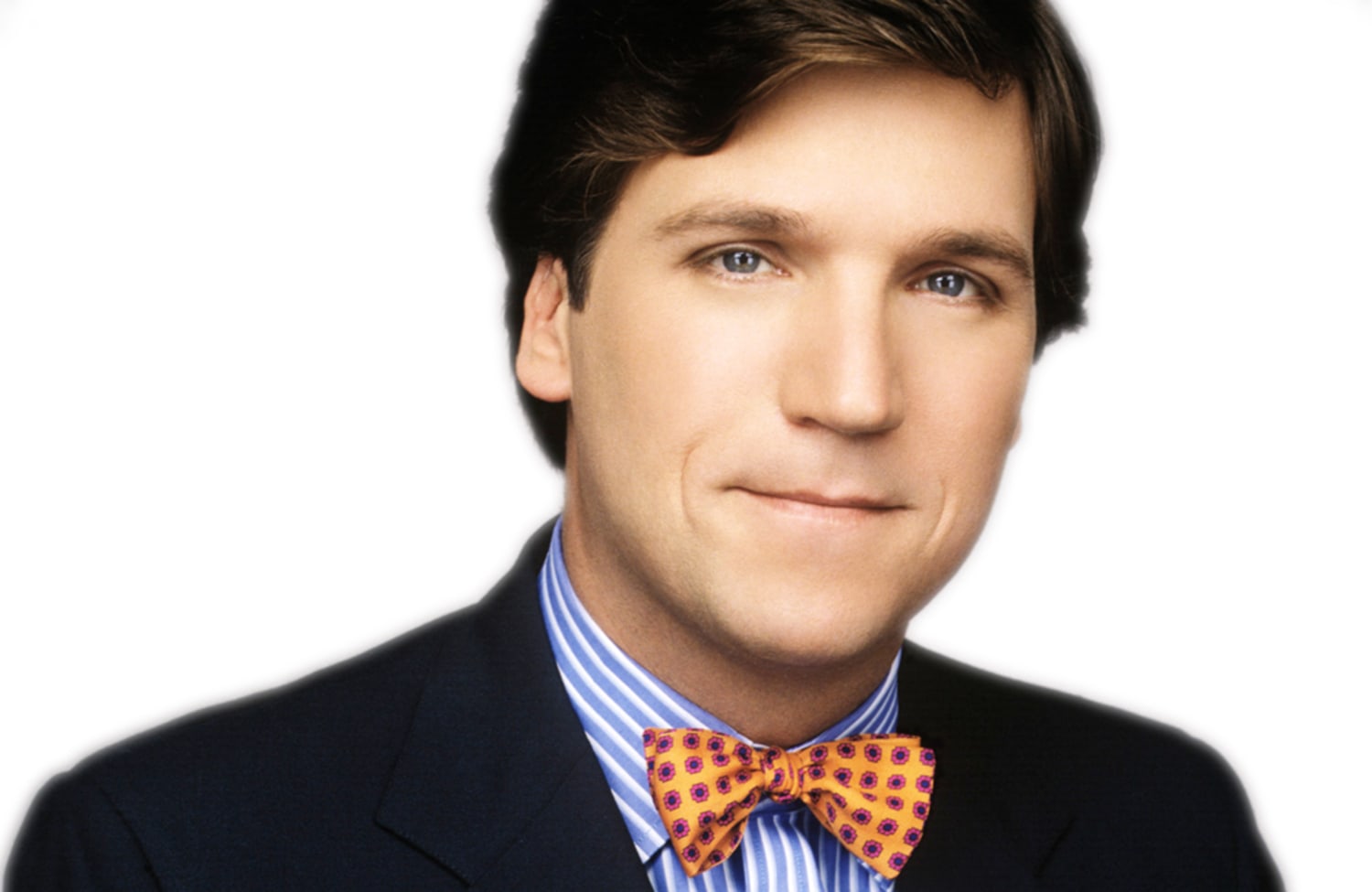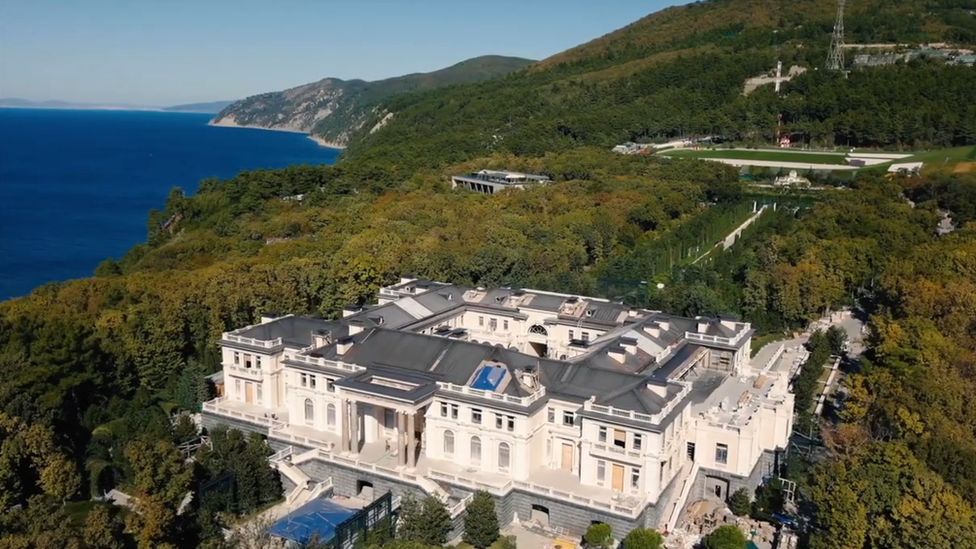Walt is a bit of a far left crackpot, but at least he's not a pedophile. So congrats on finding a legitimate source.Cal88 said:
Good analysis of Putin's gambit by Harvard prof Stephen Walt in Foreign Policy magazine:
https://foreignpolicy.com/2023/02/15/putin-right-ukraine-war/
excerpts:
The Biden administration hoped that the threat of "unprecedented sanctions" would deter Putin from invading and then hoped that imposing these sanctions would strangle his war machine, trigger popular discontent, and force him to reverse course. Putin went to war convinced that Russia could ride out any sanctions we might impose, and he's been proved right up till now. There is still sufficient appetite for Russian raw materials (including energy) to keep its economy going with only a slight decline in GDP. The long-term consequences may be more severe, but he was right to assume that sanctions alone would not determine the outcome of the conflict for quite a while.
Second, Putin correctly judged that the Russian people would tolerate high costs and that military setbacks were not going to lead to his ouster. He may have begun the war hoping it would be quick and cheap, but his decision to keep going after the initial setbacksand eventually to mobilize reserves and fight onreflected his belief that the bulk of the Russian people would go along with his decision and that he could suppress any opposition that did emerge. The mobilization of additional troops may have been shambolic by our standards, but Russia has been able to keep large forces in the field despite enormous losses and without jeopardizing Putin's hold on power. That could change, of course, but so far, he's been proved right on this issue, too.
Third, Putin understood that other states would follow their own interests and that he would not be universally condemned for his actions. Europe, the United States, and some others have reacted sharply and strongly, but key members of the global south and some other prominent countries (such as Saudi Arabia and Israel) have not. The war hasn't helped Russia's global image (as lopsided votes condemning the war in the U.N. General Assembly have shown), but more tangible opposition has been limited to a subset of the world's nations.
Most important of all: Putin understood that Ukraine's fate was more important to Russia than it was to the West. Please note: It is by no means more important to Russia than it is to Ukrainians, who are making enormous sacrifices to defend their country. But Putin has the advantage over Ukraine's principal supporters when it comes to being willing to bear costs and run risks. He has an advantage not because Western leaders are weak, pusillanimous, or craven, but because the political alignment of a large country right next door to Russia was always bound to matter more to Moscow than it was going to matter to people farther away, and especially to individuals living in a wealthy and secure country on the other side of the Atlantic Ocean.
This fundamental asymmetry of interest and motivation is why the United States, Germany, and much of the rest of NATO have calibrated their responses so carefully, and why U.S. President Joe Biden ruled out sending U.S. troops from the get-go. He understood (correctly) that Putin might think Ukraine's fate was worth sending several hundred thousand troops to fight and possibly die, but Americans didn't and wouldn't feel the same way about sending their sons and daughters to oppose them. It might be worth sending billions of dollars of aid to help Ukrainians defend their country, but that objective was not important enough for the United States to put its own troops in harm's way or to run a significant risk of a nuclear war.
Noticed you left out these parts of his article. It is almost as if you intend to mislead/cherry pick . . .
From the headline: "The Russian president got many things wrong about invading Ukrainebut not everything."
Here are the VERY FIRST TWO PARAGRAPHS of the article::
"Russian President Vladimir Putin got many things wrong when he decided to invade Ukraine. He exaggerated his army's military prowess. He underestimated the power of Ukrainian nationalism and the ability of its outmanned armed forces to defend their home soil. He appears to have misjudged Western unity, the speed with which NATO and others would come to Ukraine's aid, and the willingness and ability of energy-importing countries to impose sanctions on Russia and wean themselves off its energy exports. He may also have overestimated China's willingness to back him up: Beijing is buying lots of Russian oil and gas, but it is not providing Moscow with vocal diplomatic support or valuable military aid. Put all these errors together, and the result is a decision with negative consequences for Russia that will linger long after Putin has left the stage. No matter how the war turns out, Russia is going to be weaker and less influential than it would have been had he chosen a different path.
But if we are honest with ourselvesand being ruthlessly honest is essential in wartimewe should acknowledge that Russia's president got some things right, too. None of them justify his decision to start the war or the way Russia has waged it; they merely identify aspects of the conflict where his judgments have been borne out thus far. To ignore these elements is to make the same mistakes that he did: that of underestimating one's opponent and misreading key elements of the situation."
Here's the final paragraph:
"To repeat: None of the above suggests that Putin was right to start the war or that NATO is wrong to help Ukraine. But Putin hasn't been wrong about everything, and recognizing what he got right should shape how Ukraine and its supporters proceed in the months ahead."
Unless you cherry pick, I don't see how the central thrust of what Walt said supports your position.





